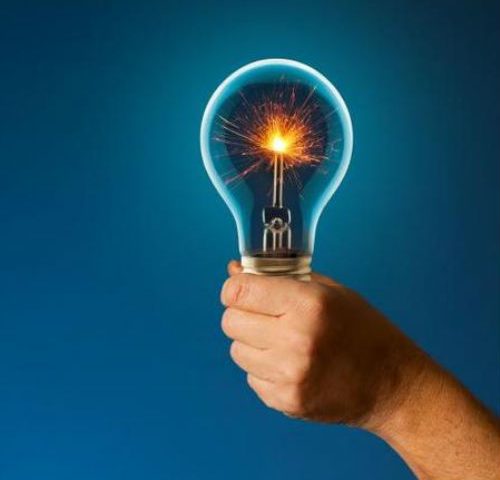
By Stephanie McCredie
Much of the anticipated digital transformation predicted for 2018 within organisations never came to pass. Why?
According to research more than 30% of CEOs said their greatest challenge in birthing digital transformation within their company was the unanswered question as to whether in-house staff should be the driving force behind the changes or if an outside vendor should be sourced. Another 30% said company culture was the major blockage ie staff who are resistant to change and fearful of the growth of digital technology. A lack of knowledge and skills among their employees was the preventing force for 25% of CEOs and a concern that their staff would not be up-to-speed in their abilities to learn the new procedures without falling behind in the company’s daily demands.
Digitalising processes and procedures can bring about massive efficiencies in the workplace but without willing people to embrace and learn new technologies then companies will be forced to either outsource or remain stagnant.
Now, at the start of 2019, IT professionals believe that artificial intelligence (AI) is going to have the biggest impact on the workplace among all emerging technologies; anything from digitalising processes to introducing robotics. However, are humans going to be the obstacle or the host of this innovation?
AI is able to transform an organisation, make day-to-day tasks faster, automate repetitive tasks, sort massive amounts of data, curate and analyse content, and help us to better understand the needs of the consumer as well as their behaviour. This type of technology is giving marketing professionals a greater insight and understanding, allowing them to deliver better experiences for the consumer than ever before.
The best way to survive technological change is to embrace it with open minds, maintaining an eagerness to learn and stay abreast of emerging technologies. We can then be a host and not an obstacle of future innovation.

